People's Movement III: Opposition gear up for major uprising
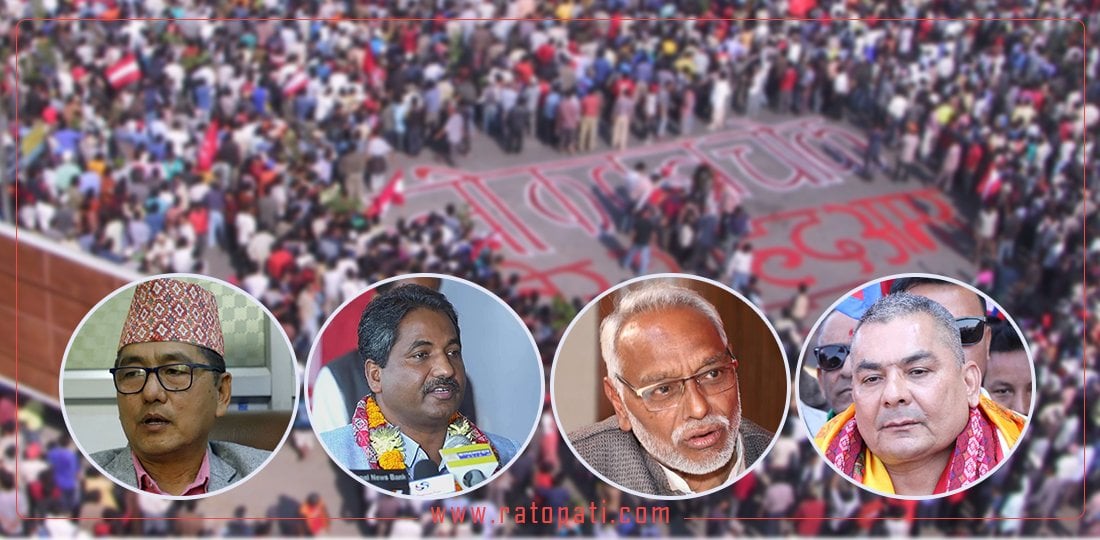
Kathmandu, August 21 - Following the formation of a new government by the Nepali Congress and CPN-UML, with constitutional amendment as a key agenda, opposition parties have expressed concerns. The main opposition party, CPN-Maoist Center, has accused the government of plotting to undermine the country's progress and regress to earlier conditions.
The Maoists criticized the seven-point agreement between the Congress and the UML, labeling it as a backward step. They highlighted four main issues:
Corruption Protection: The agreement appears to obstruct anti-corruption efforts and shield corrupt individuals.
Regress to Past: Proposed constitutional amendments seem aimed at reversing the achievements of the federal democratic republic, secularism, proportionality, and inclusivity that were established after a decade of conflict and peace agreements.
Threat to Multi-Party System: There is a concern that the agreement might undermine the multi-party system, potentially leading to a two-party totalitarian regime.
Nationalism and Stability: The approach to kowtowing to foreign powers could create instability and weaken the state, making it susceptible to foreign interference and jeopardizing national identity.
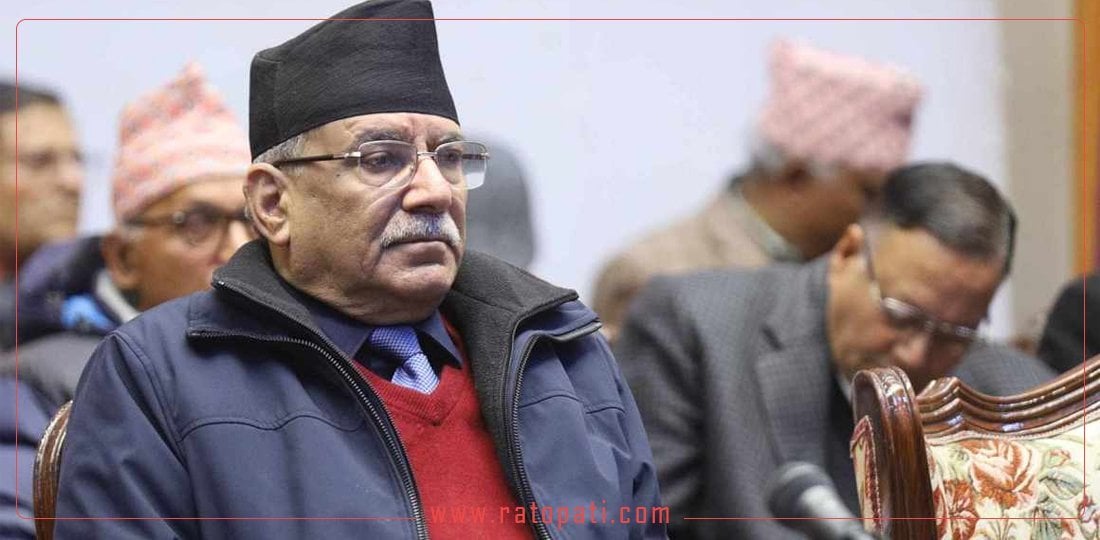
The Maoists have vowed to take a strong stand in the House on issues of regression, treason, and corruption. They have also warned that if the government continues down a path of regression, anti-nationalism, and corruption protection, street protests may be organized.
To prepare for future actions, the Maoists have scheduled a provincial consultation meeting from Wednesday until the end of August, leading up to a central committee meeting in the first week of October. Spokesperson Agni Prasad Sapkota stated that the central committee will develop a concrete plan based on these consultations, with a focus on broad left-wing unity and leadership of the socialist revolution.
The Maoists are also revitalizing the four-party Socialist Front, aiming to challenge the government by consolidating left-wing and socialist forces. They now have support from the Unified Socialist, Nepal Communist Party, and the Nepal Socialist Party (Mahindra Rai Yadav group).
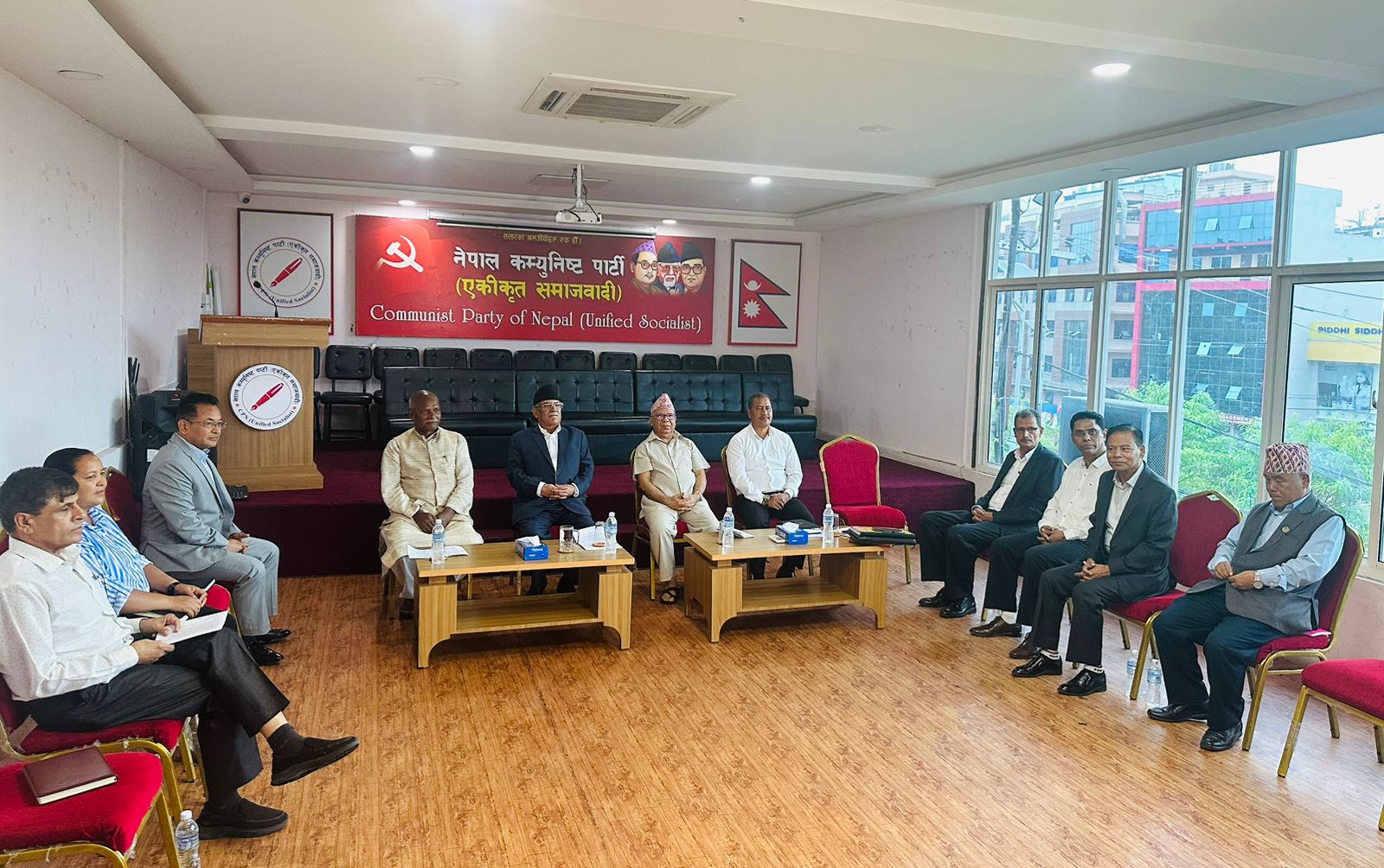
It appears that the Maoists are gradually aligning with various discontented groups, including the Janamat Party (JP), Janata Samajwadi Party (JSP) Nepal, Ashok Rai-led JSP, and the Nagarik Unmukti Party (NUP), which previously supported the KP Oli-led government. The Maoists are using the issue of constitutional amendments as a central tool to fuel strong anti-government dissatisfaction, which they believe will lay the foundation for a socialist revolution.
RPP wants to reinstate Monarchy
The royalist Rashtriya Prajatantra Party (RPP) is protesting against the current political system, demanding 40 points from the government. After submitting a memorandum to the Prachanda-led government in February, the RPP has been conducting a phased protest. Mohan Shrestha, Head of the Publicity Department, has warned that if their demands are not met, they will hold a major protest immediately after the monsoon season.
Shrestha drew historical parallels, noting that past political movements often followed the banning of certain groups: the Ranas were treated harshly after 1950, political parties were banned in 1960, the Maoists were banned in 1996, and the king was forcibly dethroned in 2006. He argued that to resolve the country's issues, a new understanding with the king is necessary without banning any powers. The RPP's 40-point demand is seen as a precursor to a potential new mass movement if ignored.
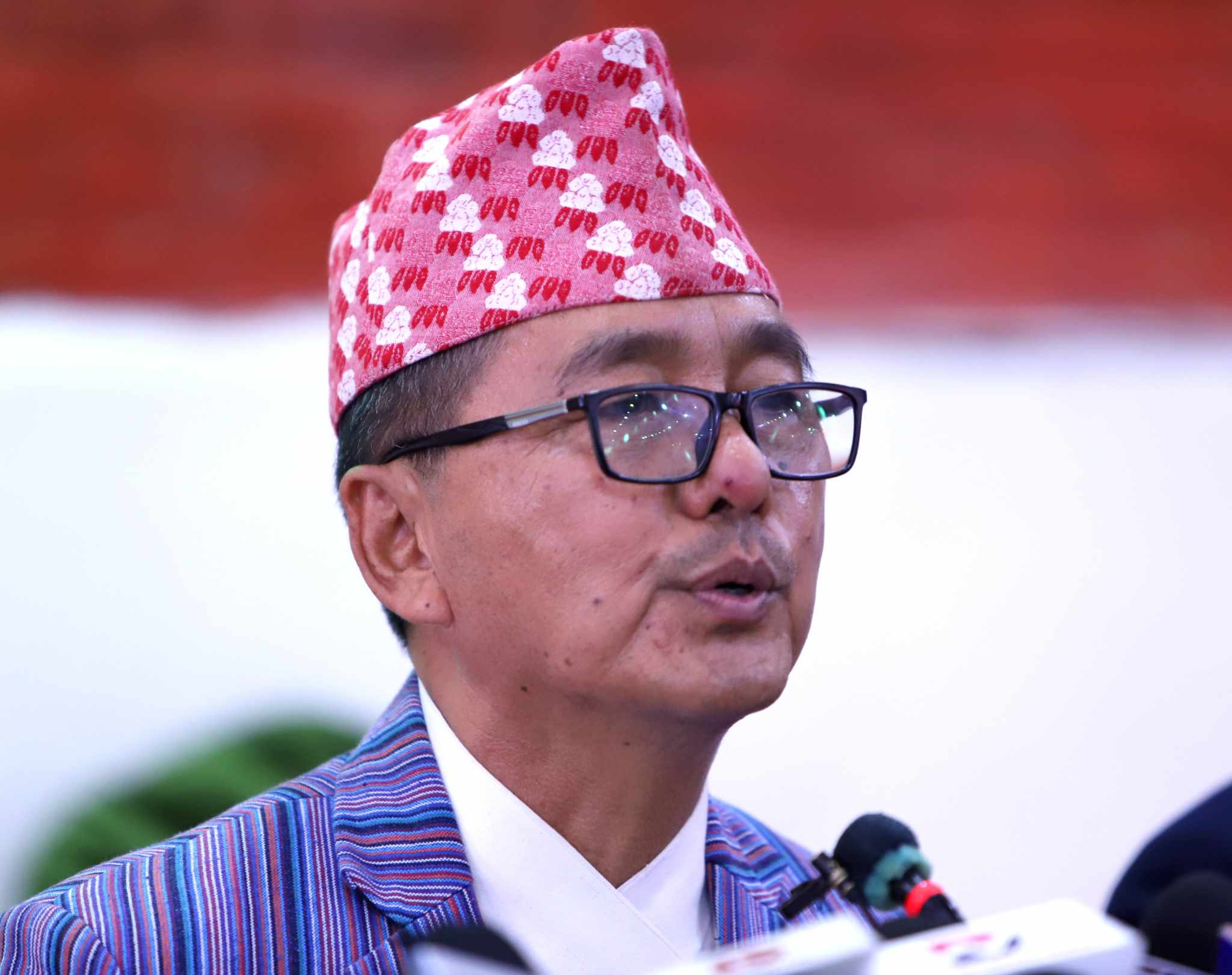
According to Shrestha, the anticipated benefits from the 2006 People’s Movement have not materialized, with the country's condition worsening. Citizens are emigrating, the cost of living is high, unemployment is rising, and corruption persists. He stressed that progress cannot be made by banning anyone, suggesting that the current political change is insufficient.
Before the people's war began in 1996, the Maoists had presented a 40-point demand to the then government on issues such as nationalism and public welfare. When these demands were ignored, it led to a decade-long armed rebellion, which ultimately ended the 240-year monarchy and led the country to the secular republic.
Rajendra Mahato too wants power
Rajendra Mahato, who left the Lokatantrik Samajwadi Party (LSP)-Nepal to lead the National Liberation Revolution campaign, has announced plans for a major popular revolt starting in November. He accused the Congress and UML of obstructing constitutional amendments and intends to launch an anti-regression movement.
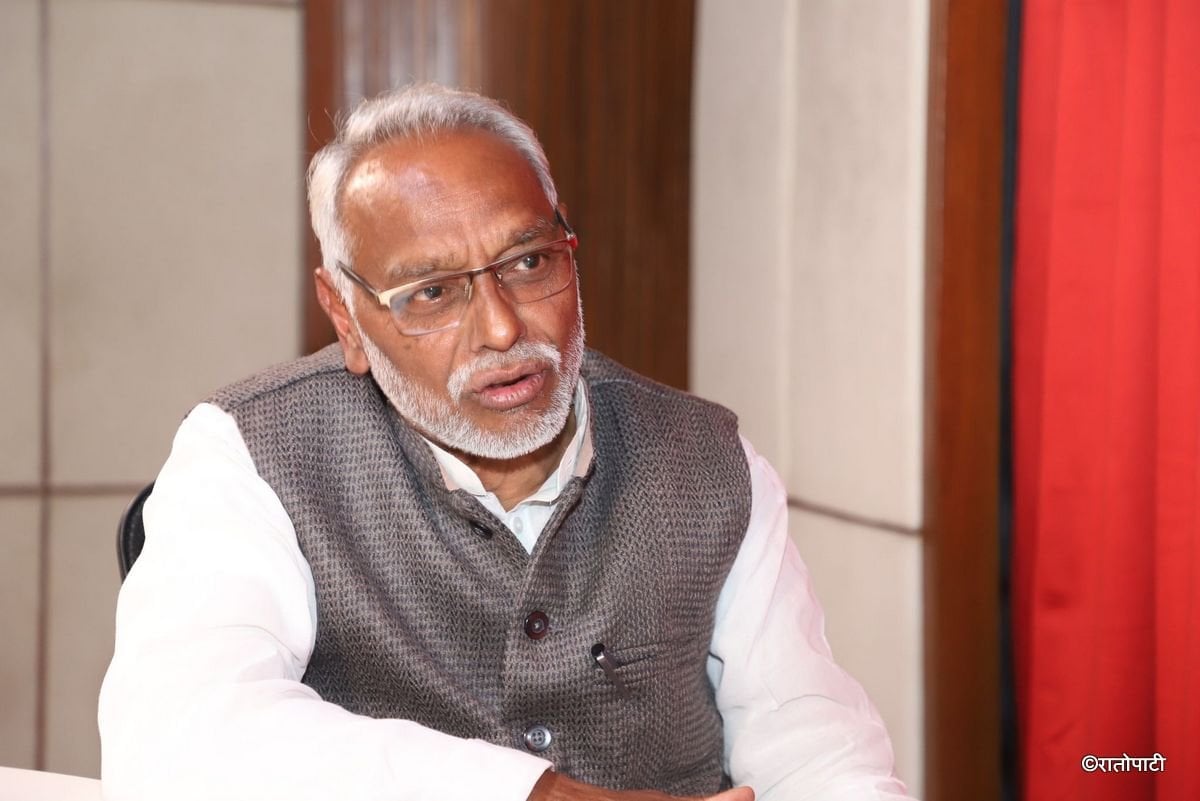
The Congress-UML coalition is accused of undermining constitutional amendments and pushing the country towards regression, leading to widespread public disillusionment. It is feared that this situation could trigger a major revolution in the near future, as the public sentiment seems to be heading in that direction.
Mahato outlined three main goals for the movement:
Rights and Identity: He emphasized the need to address current issues through the framework of a multi-national state, with a government and constitution that reflect this. He insists that identity must be granted both authority and recognition.
Protection of Civilization and Culture: Mahato claimed that Nepal's civilization and culture are under threat and called for governance based on national identity, preserving the country's original traditions and values.
Good Governance and Prosperity: He stressed the need to advance good governance and economic prosperity to alleviate poverty, particularly since Nepal is among the world’s poorest countries. Mahato asserted that the next rebellion will not focus solely on the Madhesh but will seek liberation for the entire country, including the mountains, hills, and Terai.
Prabhu Shah has his own mission
Prabhu Shah, President of the Aam Janata Party (AJP), is preparing for a significant movement. He has scheduled a central committee meeting from August 27 to 29 to develop a detailed plan for future actions. Shah warned that if the government fails to address public discontent, Nepal could face a situation similar to Bangladesh's.
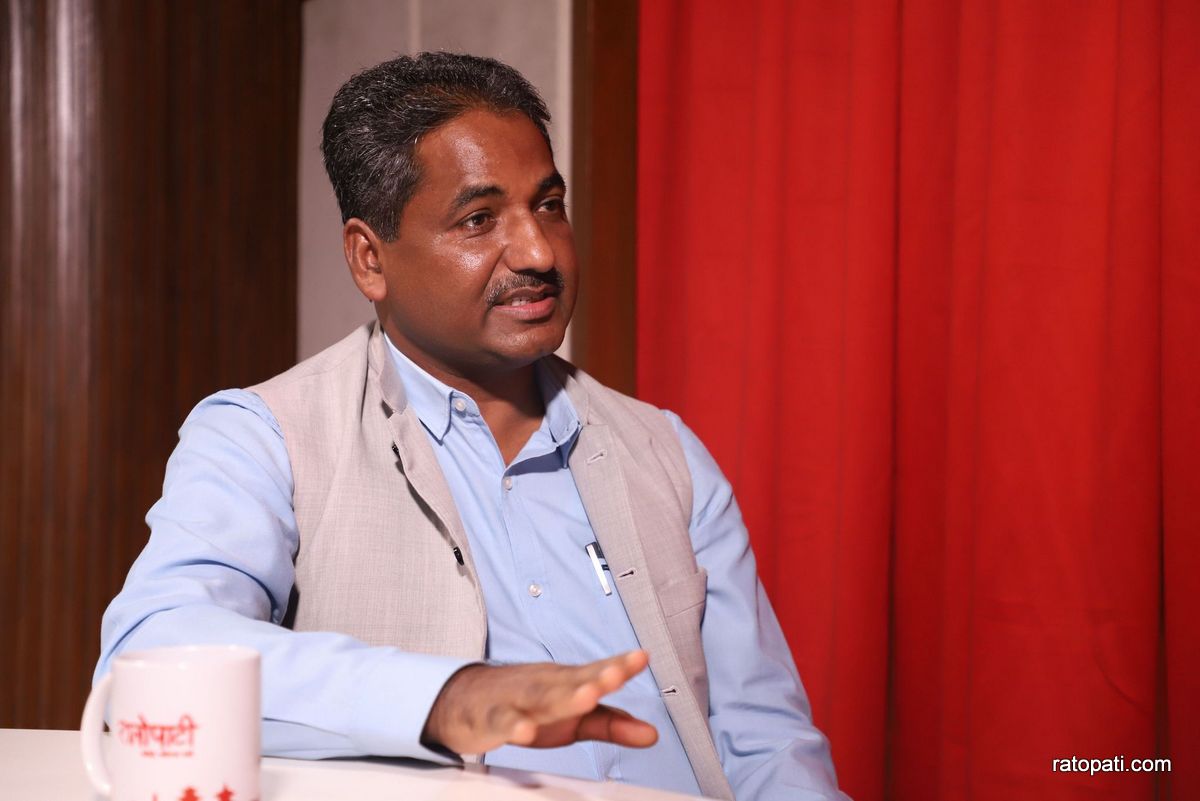
Shah stated, "We are preparing for a strong movement. The current anti-people and anti-country activities must be halted. Given the conditions in Nepal, a public uprising is highly possible, similar to what occurred in Bangladesh. We have announced a third People’s Movement starting from April 6, 2025 ."
Additionally, medical college owner Durga Prasain has launched a campaign focusing on nation, nationality, religion, culture, and citizen rescue since early November. Despite challenges from identity advocates in the eastern and mid-western regions of the country, their movement has not achieved significant success.
Analysts suggest that if the government fails to address ongoing protests and frustrations expressed through social media, a larger movement could erupt at any time. The experiences of large demonstrations in South Asian countries like Bangladesh, Sri Lanka, and Afghanistan, which led to regime changes, could also influence Nepal.
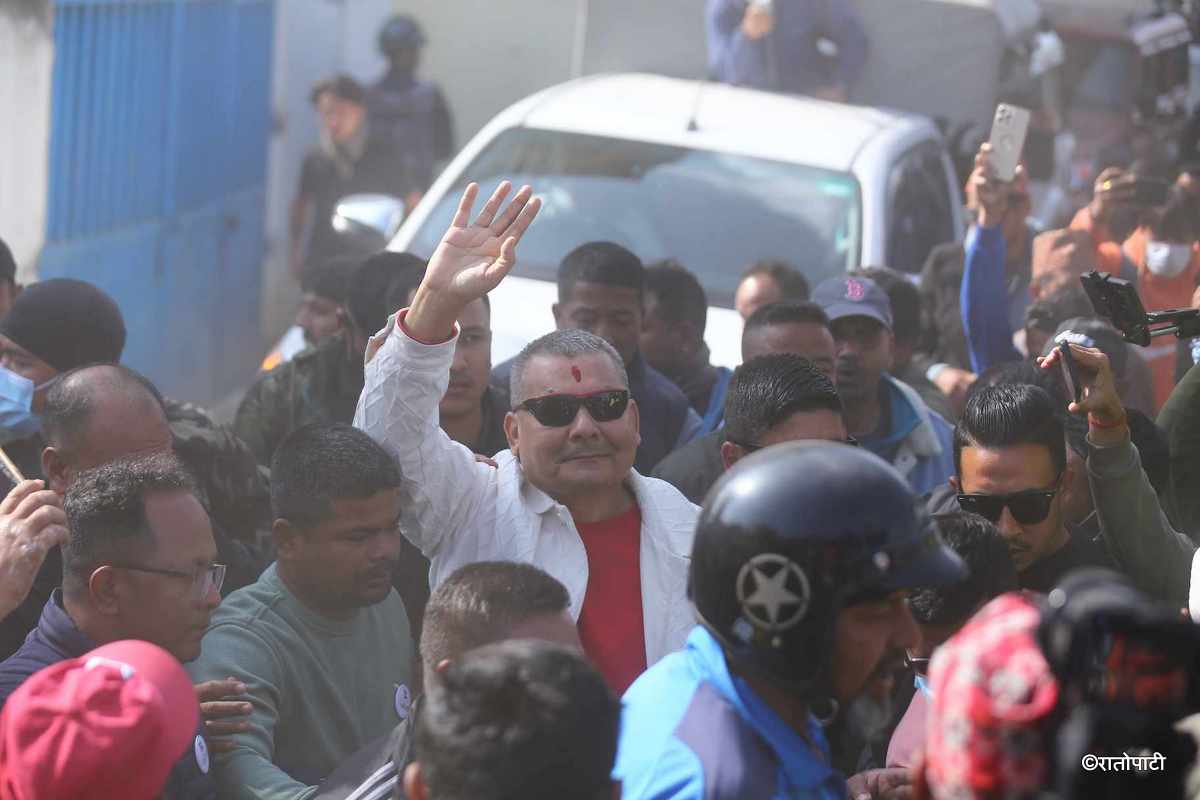
If the Congress-UML-led government does not meet public expectations, opposition parties believe this could lead to a third mass movement. However, they are uncertain about the nature of this movement and its leadership. Historically, public uprisings occurred in 1950 and 1990 against autocratic rulers, and in 2006 directly against the monarchy.

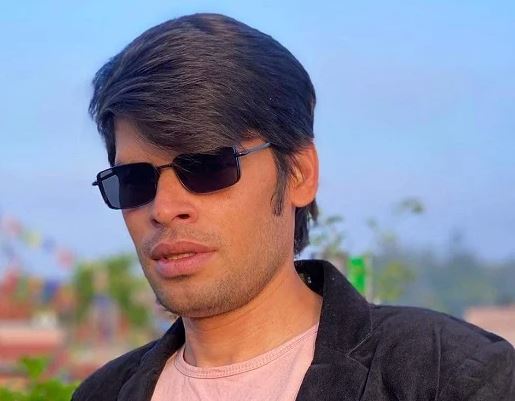








Leave Comment